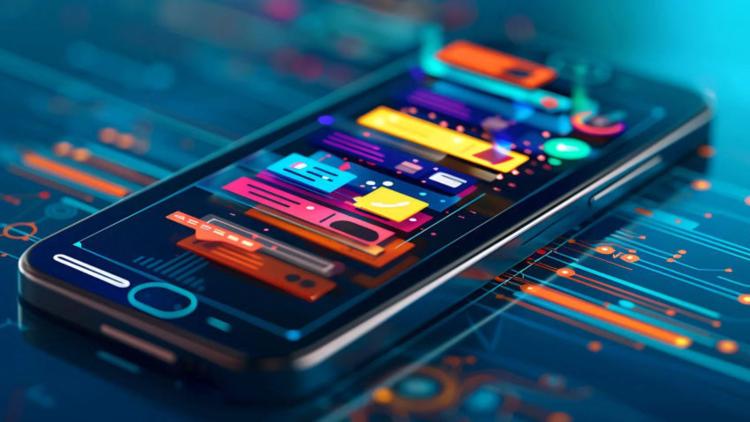As the business-to-business (B2B) market continue to grow especially after the hit of pandemic, we can see that B2B ecommerce is now not a nice-to-have, but rather a must-have.
Now that we are in 2022, it's time to consider the B2B eCommerce trends in the next few years that your firm should be aware of and take advantage, in order to stay competitive and improve your online sales to the max.
THE CURRENT STATE OF B2B ECOMMERCE
Online sales on B2B ecommerce sites, log-in portals, and marketplaces climbed 17.8% to $1.63 trillion in 2021, according to Digital Commerce 360.
Another report from Statista showed that, the B2B ecommerce industry in North America would exceed $4,600 billion by 2025.
Furthermore, mobile-first sites, customization, and omnichannel selling were just a few of the trends that took off in B2B ecommerce in 2021.
With COVID-19 highlighting the significance of digital, McKinsey & Company predicts that B2B marketers will have switched 55 percent of their expenditure to online activities by 2022.
2022 B2B TRENDS THAT BUSINESSES NEED TO CATCH UP
We've narrowed it down and compiled the newest B2B ecommerce trends that we believe will have the most influence on your organization to help you remain current.
1. Mobile-first Website
Despite the fact that mobile commerce is no longer a novelty in the B2B market, we still see mobile expansion as a trend since many B2B organizations have yet to accept mobile reality and come to terms with mobile commerce.
There are more than 300 million smartphone users in the United States alone, with 96% of them being between the ages of 18 and 30.
On top of that, people are 62% less inclined to buy from a brand following a bad mobile experience, according to statistics.
As young people go towards maturity, they will expect to use their phones as frequently at work as they do in their personal life.
Consequently, you need to invest extensively in mobile research and marketing to give the greatest experience for your present and future consumers.
2. Increased Use of the Cloud
Many B2B organizations are finding that their previous ERP systems no longer meet their demands or those of their customers as the market shifts toward a more B2C-like market.
And for good reason: it provides superior security, reliability, and flexibility while also lowering expenses and allowing firms to save and expand up.
More than 80% of B2B companies are now using the cloud to host all or part of their IT infrastructure and apps, with plans to invest even more.
According to Gartner, global end-user expenditure on public cloud services would climb by 21% to more than 330 billion dollars by 2020.
The cloud revolution has been slowly but steadily sweeping the business world.
3. Omnichannel selling
Omnichannel selling has become the standard for B2B enterprises by 2021.
As the demand for various linked sales channels grows, more B2B businesses are finding that they need to deploy an omnichannel eCommerce system.
According to a recent McKinsey poll, omnichannel is quickly becoming the new norm, with 80% of B2B executives preferring it to the previous model and 64% planning to enhance hybrid sellers in the next six months.
Another research from McKinsey survey also pointed out that, two-thirds of customers prefer a distant human or digital self-service option.
Therefore having an omnichannel experience guarantees you can contact each client wherever they prefer.
4. Personalized online experience
Personalization is essential for providing a memorable purchasing experience for your consumers.
According to research, greater personalisation is a critical element for 50% of B2B customers when looking for online suppliers with whom to form connections, with consumers paying 48% more when their experience is individualized.
Showing clients that you care about what they're buying improves the user experience while also increasing B2B sales.
B2B enterprises must use machine learning and customer data to reach this degree of personalisation. Analyzing the data will help you figure out what your customers want and how to optimize your process.
CONCLUSION
While B2B organizations focused on going online in 2020 and 2021, the focus in 2022 (and beyond) will be on improving your online experience to meet ever-changing buyer expectations.
Don't forget that Golden Owl can assist B2B businesses improve their online presence with an integrated eCommerce solution. Contact our team of experts for more information!




















